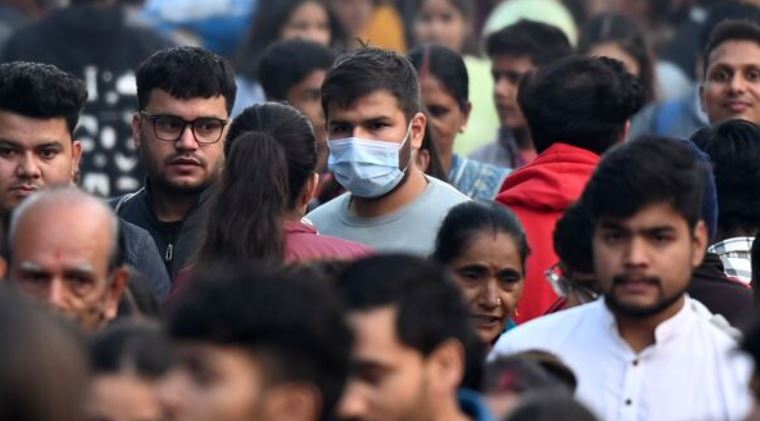India is witnessing a surge in coronavirus cases with sub-variant JN.1 spreading its tentacles to different states, sparking concerns among authorities and common people. This variant belongs to Omicron family and is more transmissible and more infectious, as per Dr Soumya Swaminathan, Former DG, Indian Council of Medical Research (ICMR).
She told ANI, "It belongs to the same Omicron family, but because it has certain mutations, which makes it more transmissible, more infectious. So it's been classified as a variant of interest by the WHO."
Dr Soumya Swaminathan added that till now, the public health risk is still low because most people have immunity. She said that the surge in infection is the result of increase in testing.
She added, "However, till now, the public health risk is still low in the sense that because we all have immunity now because of the vaccines and the natural infections, we've had in the past, and that immunity still seems to be quite strong. It's still protecting most of us from getting severely ill. What we are seeing now is a surge of infections and because the testing has been stepped up in the recent few days, as well as the genomics surveillance, the more we test, the more we are going to detect, and also we're going to find more JN 1. variant in the country..."
Her statement came as the total number of cases of Covid-19 sub-variant JN.1 rose to 162 with the highest number of infections reported from Kerala. While Kerala has reported 83 cases, Gujarat recorded 34, Goa recorded 18, Karnataka has eight cases, Maharashtra reported seven, Rajasthan saw five, Tamil Nadu saw four, while Telangana and Delhi reported two and one cases respectively.
She told ANI, "It belongs to the same Omicron family, but because it has certain mutations, which makes it more transmissible, more infectious. So it's been classified as a variant of interest by the WHO."
Dr Soumya Swaminathan added that till now, the public health risk is still low because most people have immunity. She said that the surge in infection is the result of increase in testing.
She added, "However, till now, the public health risk is still low in the sense that because we all have immunity now because of the vaccines and the natural infections, we've had in the past, and that immunity still seems to be quite strong. It's still protecting most of us from getting severely ill. What we are seeing now is a surge of infections and because the testing has been stepped up in the recent few days, as well as the genomics surveillance, the more we test, the more we are going to detect, and also we're going to find more JN 1. variant in the country..."
Her statement came as the total number of cases of Covid-19 sub-variant JN.1 rose to 162 with the highest number of infections reported from Kerala. While Kerala has reported 83 cases, Gujarat recorded 34, Goa recorded 18, Karnataka has eight cases, Maharashtra reported seven, Rajasthan saw five, Tamil Nadu saw four, while Telangana and Delhi reported two and one cases respectively.
(With inputs from agencies)

